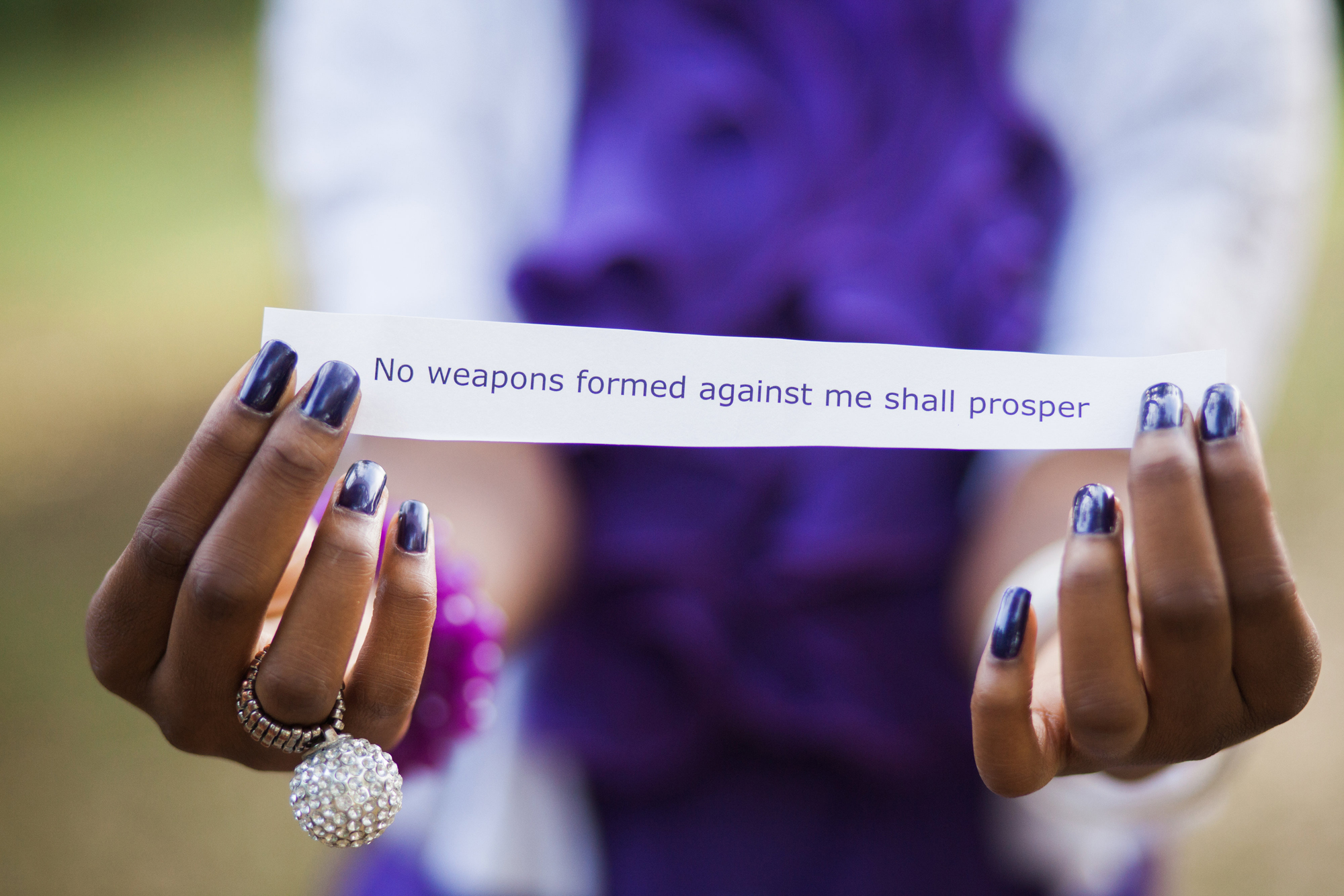
WASHINGTON (BP) — The U.S. Supreme Court missed an opportunity to clarify religious liberty law by refusing to hear a former Marine’s appeal, Family Research Council (FRC) representative Travis Weber said.
 The U.S. Supreme Court declined June 5th to hear the appeal of former Lance Corporal Monifa Sterling, discharged in 2013 for bad conduct after she refused to remove displays of Isaiah 54:17 from her workstation.
The U.S. Supreme Court declined June 5th to hear the appeal of former Lance Corporal Monifa Sterling, discharged in 2013 for bad conduct after she refused to remove displays of Isaiah 54:17 from her workstation.
The court missed an opportunity to clarify the Religious Liberty Restoration Act (RFRA) Sterling had used unsuccessfully in her defense, said Weber, a former naval aviator who directs the FRC’s Center for Religious Liberty.
“The Court should have taken the opportunity to clarify that RFRA protects religious expression in the military such as what is at issue in this case. Unfortunately, that must wait until another day,” Weber said June 5th in a FRC press release. “In the meantime, we must hope that leaving this ruling in place is not interpreted by anyone as permission to continue to scrub religious expression from our military.”
First Liberty Institute began representing Sterling in 2016, appealing her case before the military’s highest court, the Court of Appeals for the Armed Forces (CAAF). Defeated there, First Liberty appealed to the U.S. Supreme Court on Dec. 23, 2016.
“Since the Supreme Court did not decide to review the case, the travesty below by the Court of Appeals for the Armed Forces will now stand,” said First Liberty President and CEO Kelly Shackelford. “The military court’s outrageous decision means federal judges and military officials can strip our service members of their constitutional rights just because they don’t think someone’s religious beliefs are important enough to be protected. Our service members deserve better.”
Shackelford vowed to continue fighting for religious liberty of U.S. service members.
“We will now work even harder to ensure our nation’s brave service members do not lose their religious freedom,” he said in a First Liberty press release. “We will continue the fight for religious liberty in the armed forces through other matters and through legislative efforts.”
Sterling had used the RFRA and First Amendment rights to religious expression in her defense, but the Navy Marine Corps Court of Criminal Appeals said RFRA did not apply. Sharing Bible verses does not constitute religious exercise as a “part of a religious system of belief,” the court said in its August 2016 ruling.
Since being discharged and reduced to the lowest military rank, Sterling has experienced “great financial hardship,” First Liberty said, and might have difficulty receiving veterans’ benefits.
Sterling’s fight began at Camp Lejeune in Jacksonville, N.C., in May of 2013, when her supervisor and drill sergeant ordered her to remove the personalized versions of Isaiah 54:17 from her work area. The supervisor said she didn’t “like the tone” of the often-quoted, “No weapon formed against you shall prosper.” Sterling persisted in reposting the Scripture after someone put them in the trash, First Liberty said, and was court-martialed shortly thereafter.
Despite Sterling’s support from religious liberty advocates, former U.S. Army chief of chaplains Douglas Carver advised her supporters in 2015 to reserve judgment. Likely, he told Baptist Press, there was more to Sterling’s story than the right to post Scripture at her workstation.
“From my perspective of 38 years in the military, I have found no more fair legal process than military justice,” Carver told BP. “It’s thorough. It’s fair. It’s merciful.”

















